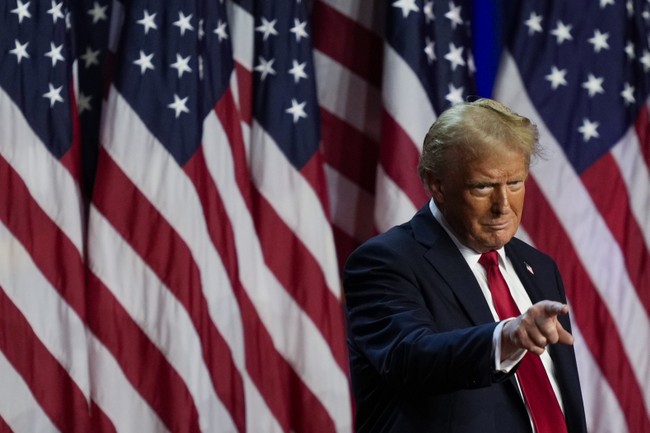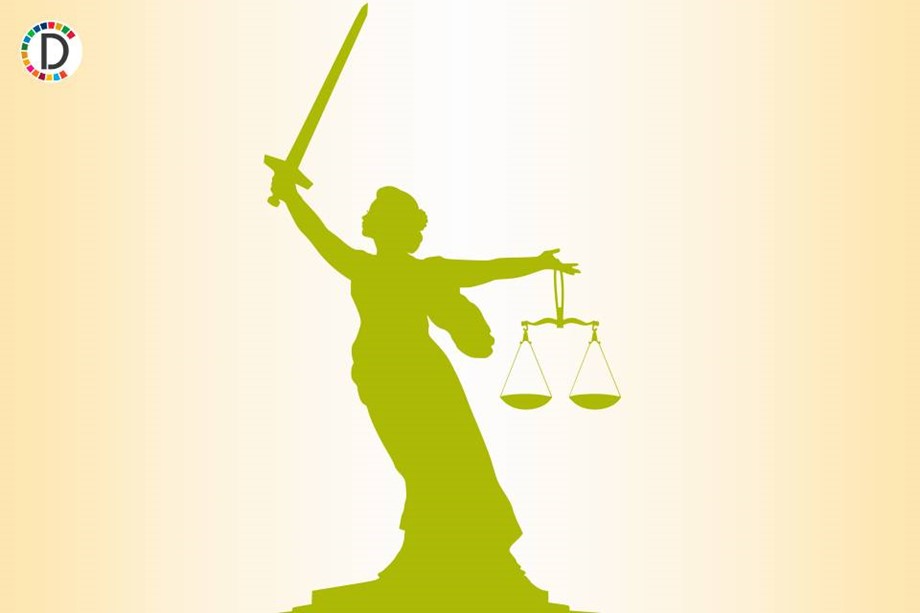Trump's AI & Crypto Czar: Innovation or Controversy?
Explore how Donald Trump's White House AI and Crypto Czar role will shape American competitiveness in technology, amid concerns about policy direction and industry influence.
Published December 07, 2024 - 00:12am

Image recovered from redstate.com
Donald Trump's recent announcement regarding the appointment of a 'White House AI & Crypto Czar' has sparked considerable attention. The position, filled by David Sacks, a Silicon Valley entrepreneur with a rich history in tech innovation, is intended to place the United States at the forefront of artificial intelligence and cryptocurrency sectors. This new role raises several questions about the future of tech policy in America, given the potential influence and direction it could take under Sacks' guidance.
David Sacks, aged 52, who rose to prominence as a founding member of the so-called 'PayPal Mafia', has been a significant figure in the evolution of digital payment systems and venture capitalism. His involvement with companies like Yammer, sold to Microsoft for $1.2 billion, and his role as co-founder of Craft Ventures, a San Francisco-based venture capital firm, underscore his deep roots in Silicon Valley's tech industry. Sacks' appointment aligns with Trump's strategic aim to pivot the U.S. towards greater technological dominance, ensuring that policies favor American leadership in emerging tech domains.
While this appointment has been met with enthusiasm from parts of the tech community, who view Sacks as a champion for innovation and competition, it also stirs concerns about the prioritization of industry interests over broader regulatory frameworks. The endorsement from figures like Elon Musk, who is also aligned with Trump in the 'Department of Government Efficiency', suggests a push towards deregulation and pro-industry policies.
The role of AI and cryptocurrencies in Trump's administration could redefine critical aspects of federal policy. With Sacks at the helm, there is potential for a more lenient approach that emphasizes growth and innovation over strict regulatory oversight. This perspective is in stark contrast to the Biden administration's regulatory measures, which have often been criticized for stifling innovation in the cryptocurrency arena with legal actions against several firms.
However, this relaxed regulatory stance has not gone unchallenged. Washington analysts express concerns about the lack of clarity regarding who will ultimately drive crypto policy within the government. The overlapping roles between the new AI & Crypto Czar and existing regulatory bodies, such as the Securities and Exchange Commission (SEC), raise issues of policy coherence. Critics argue that defining the boundaries of such positions within the regulatory landscape is vital to avoid tension and promote coherent policy development.
David Sacks' role also involves safeguarding online freedom of speech and addressing the perceived censorship by Big Tech, a contentious issue among conservatives. This reflects ongoing concerns about the influence of large technology companies on public discourse and the political ramifications of content moderation policies.
As the discussion evolves, the focus remains on how Trump's administration balances the promotion of technological innovation with the need for regulatory structures that protect investors and consumers. With Paul Atkins, a respected Washington attorney, being considered for the role of SEC chief, there is potential for substantial regulatory reforms aimed at enhancing America's tech position on the global stage.
The nomination fuels debate on the ideological direction of tech policy, as Trump's pivot contrasts with previous administration approaches. The implications for industries under regulation are significant, particularly concerning the classification and governance of digital currencies. These topics are crucial, given their potential impact on market dynamics and global competitiveness.
In summary, the appointment of David Sacks as the White House AI & Crypto Czar signifies a pivotal moment in the evolution of U.S. tech policy. It highlights ongoing tensions between innovation and regulation, with the outcome likely defining America's role in the future technological landscape. Observers continue to watch closely, as the strategies enacted by Sacks and Trump's administration carry profound implications for the trajectory of AI and cryptocurrency industries.








